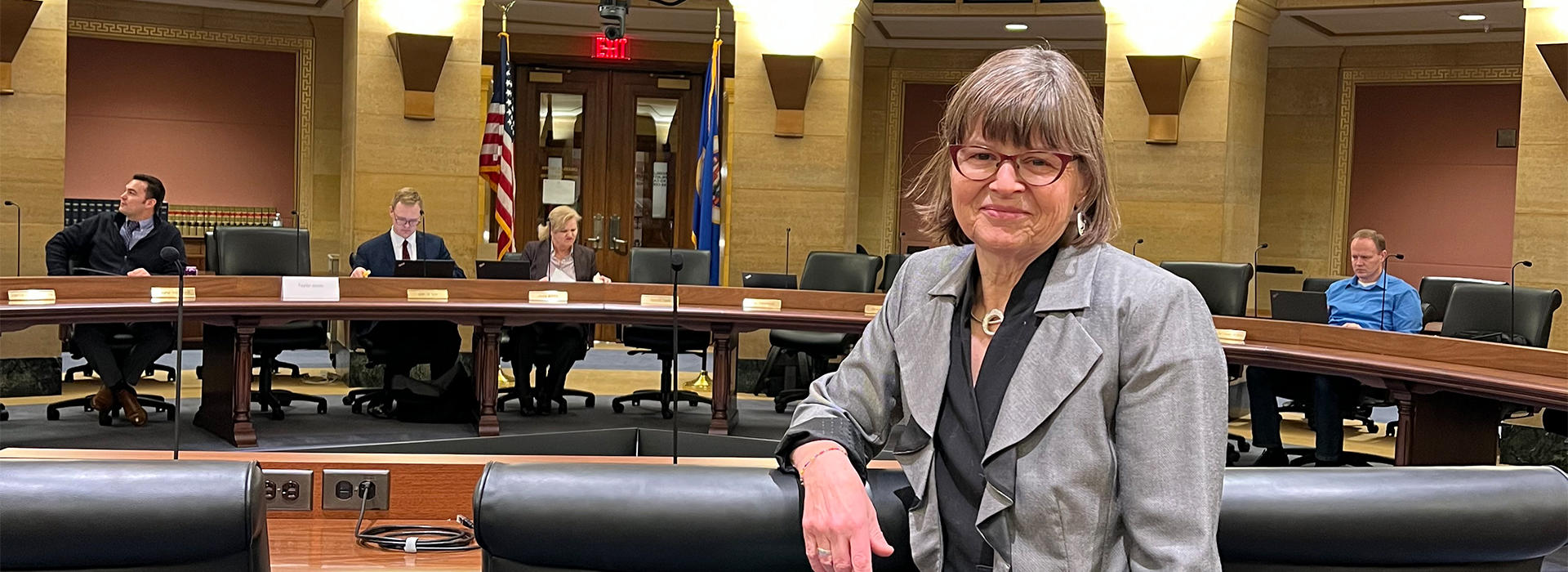
Addiction Medicine Fellowship
The Addiction Medicine Fellowship is a one-year training program that focuses on the care for persons with unhealthy substance use, substance use and other addictive disorders. The goal of the fellowship is to become an expert in the prevention, clinical evaluation, treatment and ongoing care of persons with addiction. The training includes experiences in consult/liaison, adolescents with substance use, pharmacotherapies, withdrawal management, and outpatient therapies and is informed by a wide range of evidence-based therapies.
Graduates will be trained to be a leader in hospitals, addiction treatment programs, academic programs, and primary care with specific addiction expertise. The fellowship is open to physicians of all specialties and is accredited by ACGME and the American Board of Addiction Medicine.
Apply
Requirements
Application requirements for both Addiction Fellowships:
- Formal letter expressing personal interest in the Addiction Fellowships.
- Current Curriculum Vitae
- Three letters of reference
- Completion of the Application
All application materials and inquiries for the Addiction Medicine Fellowship can be submitted in ERAS.
For program or application questions please contact:
F256/2A West
Department of Psychiatry and Behavioral Sciences
Minneapolis, MN 55454-1495
speck001@umn.edu
Application Deadline
We are currently accepting applications for one remaining opening for the 2025-2026 academic year. Applications for the 2025-2026 academic year will be reviewed beginning in the summer of 2024.
Training Sites
Addiction Medicine Program Sites
University of Minnesota Medical Center:
The University of Minnesota Medical Center (UM) is the host institution for the addiction medicine fellowship, located in the Department of Psychiatry. The UM is an 800 bed academic health center, focusing on research, clinical services, education, and training.. It is the largest behavioral health system in Minnesota, with 11 inpatient adolescent and adult psychiatric units and addiction treatment at all levels of care. The fellow rotates on: 1) an inpatient detox unit), 2) intensive outpatient program where they participate in the group therapy 3) Rapid access addiction clinic , 4) Adolescent outpatient program, and 5) their 12 month continuity clinic.. Weekly didactics and monthly grand rounds occur at this setting. The site experiences include pharmacotherapies, psychotherapies, case management, and interdisciplinary care. Experiences in evaluation and management of addiction in a rural setting, pain management and addiction in two outpatient programs are also core components. Fellows interact with a team of providers including psychotherapists, social workers, pharmacists, nursing staff, and others.
Hennepin Health Care:
Hennepin Health Care System (formerly Hennepin County Medical Center) is a 484 bed academic medical center, with large outpatient clinics and specialty centers including addiction medicine. It is a safety net hospital providing care for low-income, the uninsured and vulnerable populations. The Addiction Medicine Division is within the Department of Medicine and provides both inpatient and outpatient services including special populations served include Hmong who receive cross-cultural services with their addiction treatment and pregnant and post-partum patientsThere is a 600 patient opioid treatment program which provides opioid agonist therapies including methadone, buprenorphine maintenance, and other pharmacotherapies for substance use disorders. Fellows obtain experience in an office based treatment clinic for substance use disorders, a state of the art Project ECHO which links their opioid addiction medicine experts and physicians with primary care. An inpatient addiction consultation service is a focus of this site for fellow training, led by an addiction medicine and toxicology physician.
VA Medical Center:
The Minneapolis Veterans Affairs Medical Center (VAMC) is a 600 bed teaching hospital providing a full range of patient care services with state-of-the-art technology, as well as education and research. The fellow is trained in various settings: general hospital consultation, outpatient addiction clinics which includes pharmacotherapies for alcohol and opioids and for withdrawal and detoxification, and intensive outpatient program. It includes a Opioid Treatment Program providing methadone maintenance and Office-based Buprenorphine and Disulfiram clinics. Fellows join multidisciplinary and interdisciplinary teams on the psychiatry service as well as core addiction programs. A wide variety of ages and backgrounds of both male and female veterans with marked comorbidity for combat PTSD, depression, TBI and addictions provide treatment challenges.
Meridian Behavioral Health Care:
This is a 61 bed residential treatment program in Owatonna, MN, a rural community in southern MN, one hour from Minneapolis specializing in SUD and other co-occurring psychiatric disorders. The PD is the Medical Director and addiction psychiatrist who supervises the fellows. The fellow and PD conduct evaluations on new patients seeing 4-5 new patients/day and conduct follow up visits during their 1 day/week experience. Each fellow will rotate for 4 months at this site. A team meeting occurs during the day with the PD, fellow, nursing, program director, mental health professionals, drug/alcohol counselors, recovery specialists, and care coordinators.
Contacts
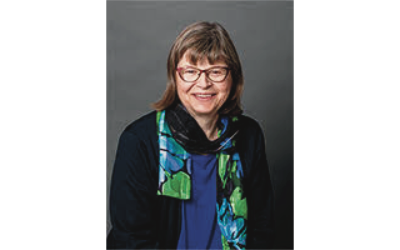
Sheila Specker, MD
Director of Addiction Medicine Fellowship
612-273-9806
Fax: 612-273-9774
speck001@umn.edu
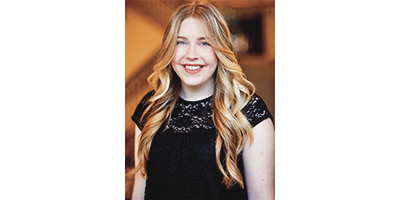
Melissa Tholen
Addiction Medicine Fellowship Coordinator
addictionmed@umn.edu
Program Faculty and Fellows
Program faculty include a diverse group of psychiatrists and psychologists with varying areas of expertise and backgrounds. Over the two year program, fellows will have the opportunity to work with many of our division faculty, as well as providers from other systems in the twin cities metro area. Below, is a list of the program faculty who nearly all fellows encounter during their time here, listed by their primary role. There are additional departmental and division faculty involved in our program via presentation of didactics, elective experiences, service coverage, research opportunities and consultation.
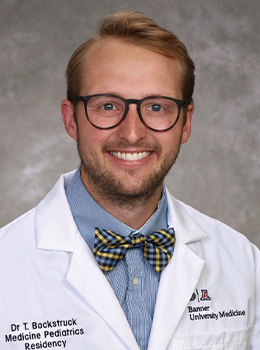
Robert “Tayler” Bockstruck, MD
Addiction Medicine Fellow
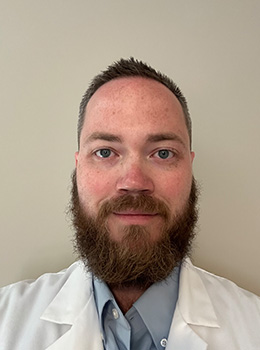
Jared Hopkins, MD
Addiction Medicine Fellow
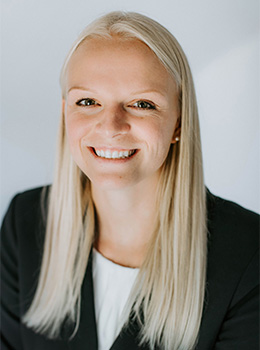
Katherine Mackay, MD
Addiction Medicine Fellow
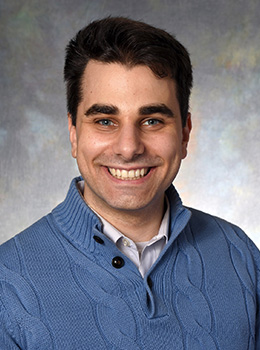
Christopher Sebas, MD
Addiction Medicine Fellow